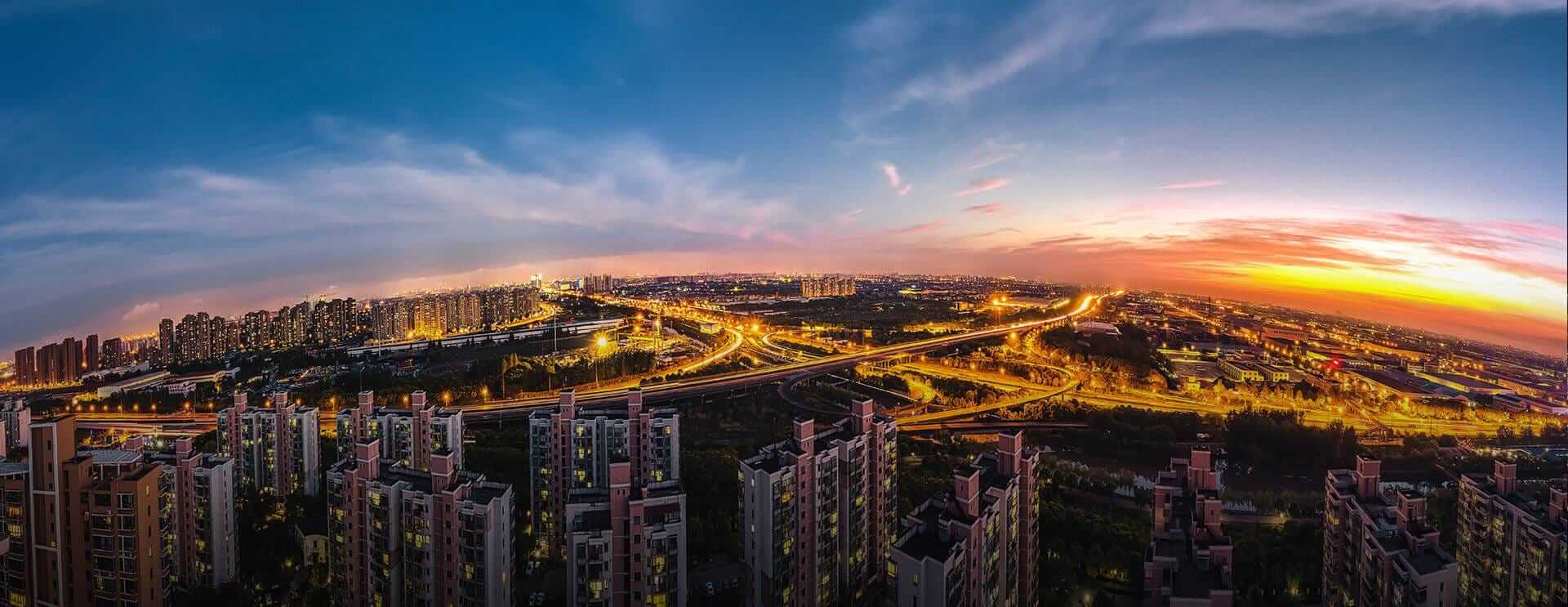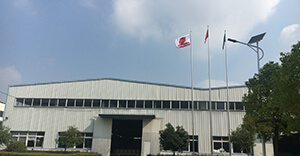Fund proposed to clean environment
Fund proposed to clean environment
Top court wants procedure to allot money set for restoration
The Supreme People's Court has called on the national environmental and judicial authorities to jointly set up a fund to manage, use and supervise money confiscated by courts for environmental restoration.
"The fund should clarify who is qualified to use the compensation, how to use it and who should supervise its use to ensure that the money does go to repairing the polluted environment," Wei Wenchao, deputy chief judge of the environment and ecology division of the Supreme People's Court, said on Monday.
Wei stressed that the guiding principle in dealing with pollution-related cases is to restore the environment as soon as possible.
"We have often punished businesses and calculated amounts of money they have to pay in compensation," he said.
"But we are not clear on who should manage and use the money to perform the restoration after we hand down a verdict, as there have been no guidelines on that so far.
"To ensure the environment can be quickly repaired, we should make clear how the money is spent, so setting up the fund is a necessity," he said.
Wei added that the top court would discuss the issue with the Ministry of Ecology and Environment, the Supreme People's Procuratorate and related financial departments.
In recent years, China has made increasing efforts against pollution and adopted various measures to allow more people or institutes to file environmental litigation.
In January 2015, the revised Chinese Environmental Protection Law took effect, allowing NGOs to undertake environmental public-interest litigation.
Six months later, a pilot program allowing prosecutors to file such lawsuits against polluters was first applied in 13 regions of China.
At the same time, prosecutors also gained the authority to play a supervisional role in the protection of public interest by undertaking such litigation against governments to press administrators to enforce the law.
In July 2017, the pilot program was expanded nationwide and officially written into the revised Civil Procedure Law and Administrative Procedure Law.
According to the Supreme People's Court, in 2017, courts throughout China heard 21,241 environmental criminal cases, 207,552 environmental civil disputes and 134,791 administrative lawsuits, with 17,965 people punished-compared with 20,394 environmental criminal case, 90,769 environmental civil disputes and 35,177 administrative lawsuits in the previous year.
Among the cases heard by courts last year, 48 public-interest lawsuits were brought by NGOs, and from July 1 to Dec 31 last year, 257 such litigations were brought by prosecuting authorities.













